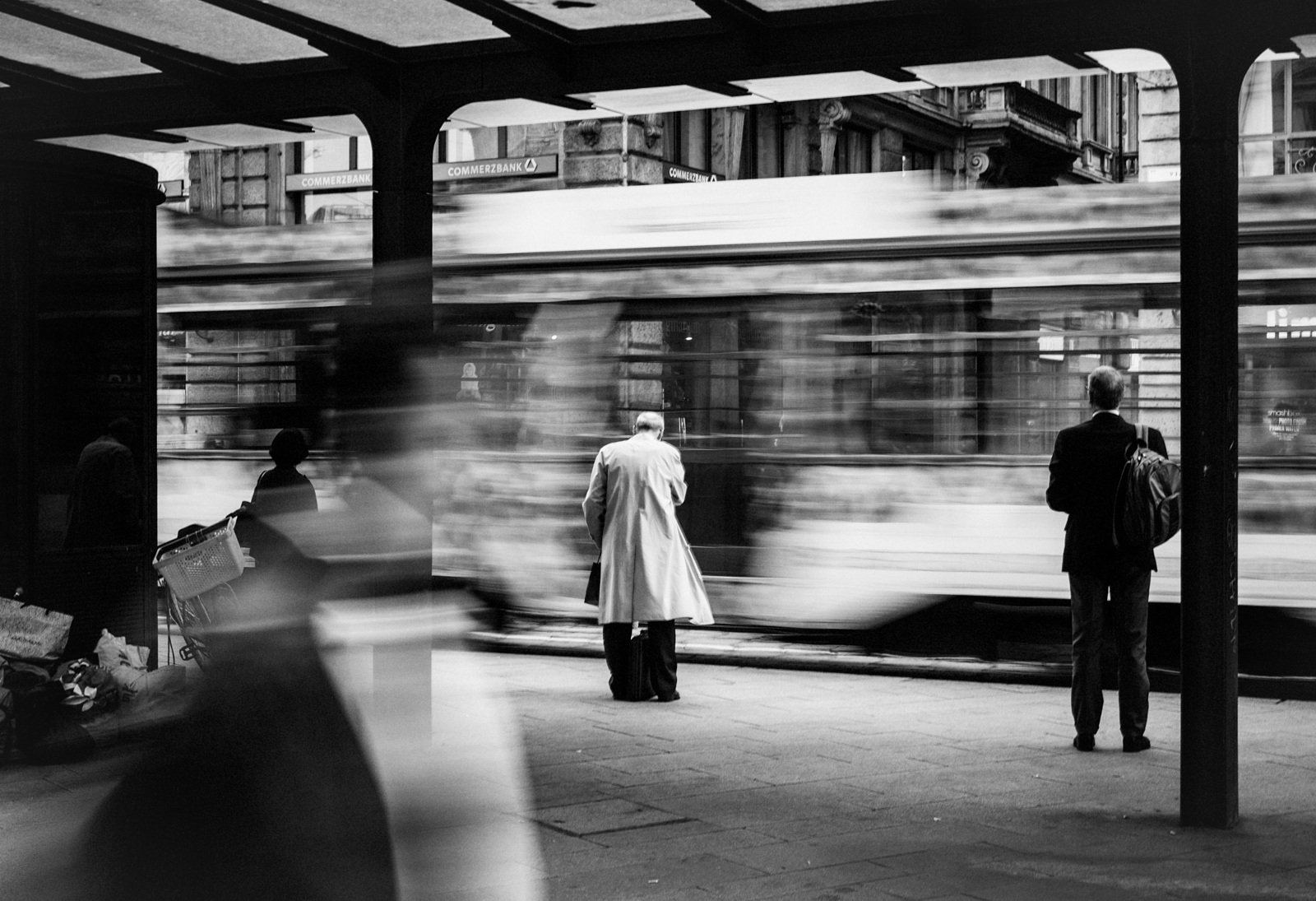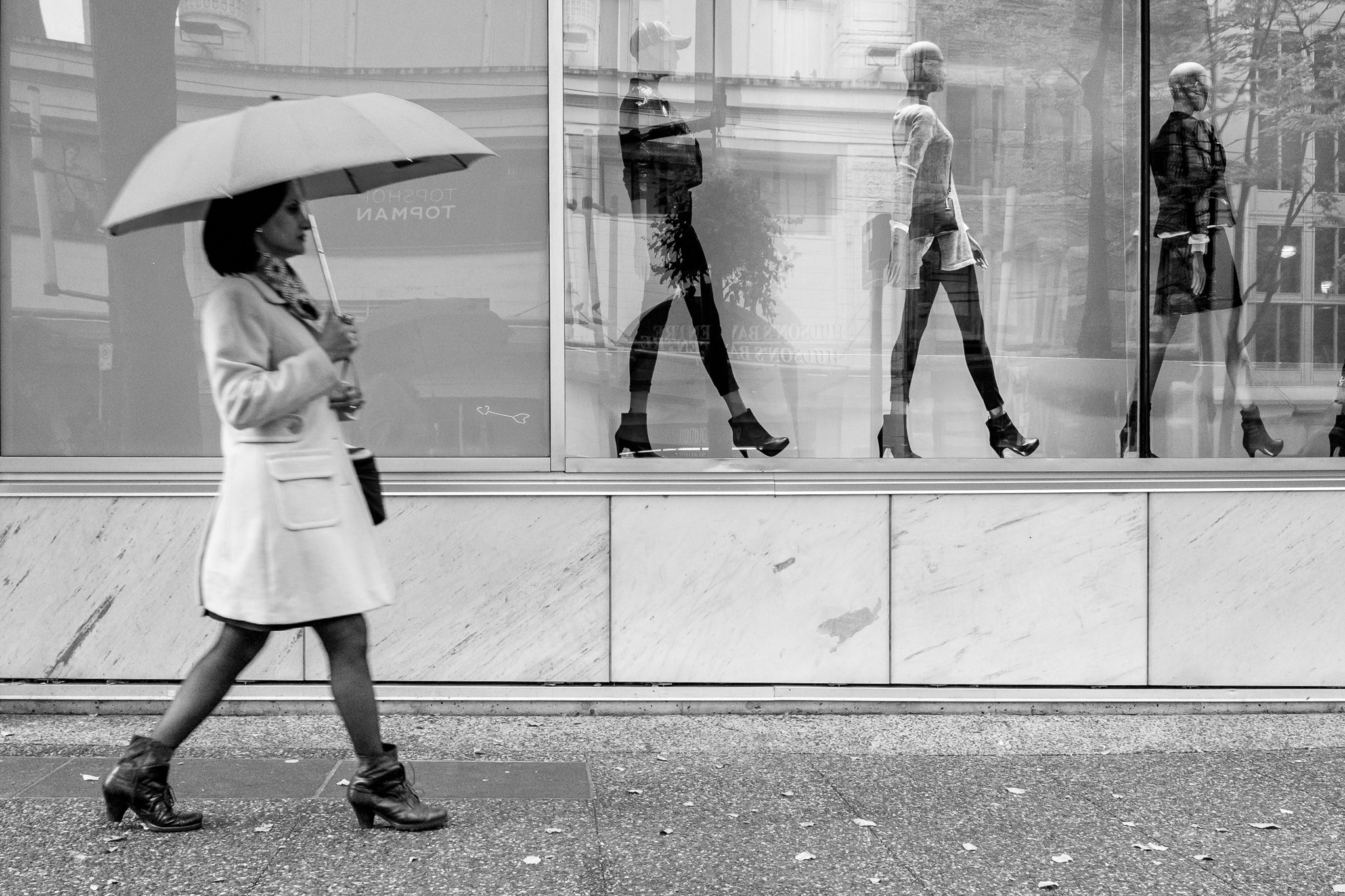Top Guidelines Of Framing Streets
Table of ContentsAll About Framing StreetsAll About Framing StreetsNot known Details About Framing Streets Framing Streets Things To Know Before You BuyNot known Factual Statements About Framing Streets Everything about Framing Streets
, typically with the purpose of catching images at a crucial or poignant minute by cautious framing and timing. https://fl-miami.cataloxy.us/firms/framingstreets.com.htm.
, that was motivated to embark on a comparable documentation of New York City. As the city developed, Atget aided to advertise Parisian roads as a deserving topic for photography.

The Best Guide To Framing Streets
Andre Kertesz.'s commonly admired Images la Sauvette (1952) (the English-language edition was entitled The Crucial Minute) advertised the concept of taking a photo at what he described the "crucial moment"; "when form and material, vision and structure combined right into a transcendent whole" - 50mm street photography.
Rumored Buzz on Framing Streets
The recording maker was 'a hidden cam', a 35 mm Contax hidden under his coat, that was 'strapped to the upper body and connected to a long cable strung down the ideal sleeve'. However, his work had little modern influence as due to Evans' sensitivities regarding the creativity of his task and the privacy of his subjects, it was not published until 1966, in the publication Many Are Called, with an intro composed by James Agee in 1940.
Helen Levitt, after that a teacher of children, linked with Evans in 193839. She recorded the transitory chalk illustrations - photography presets that became part of kids's street society in New york city at the time, along with the kids that made them. In July 1939, Mo, MA's brand-new digital photography section consisted of Levitt's operate in its inaugural exhibitRobert Frank's 1958 book,, was significant; raw and commonly indistinct, Frank's pictures questioned mainstream digital photography of the moment, "challenged all the formal regulations set by Henri Cartier-Bresson and Pedestrian Evans" and "contradicted the wholesome pictorialism and heartfelt photojournalism pop over to this site of American publications like LIFE and Time".